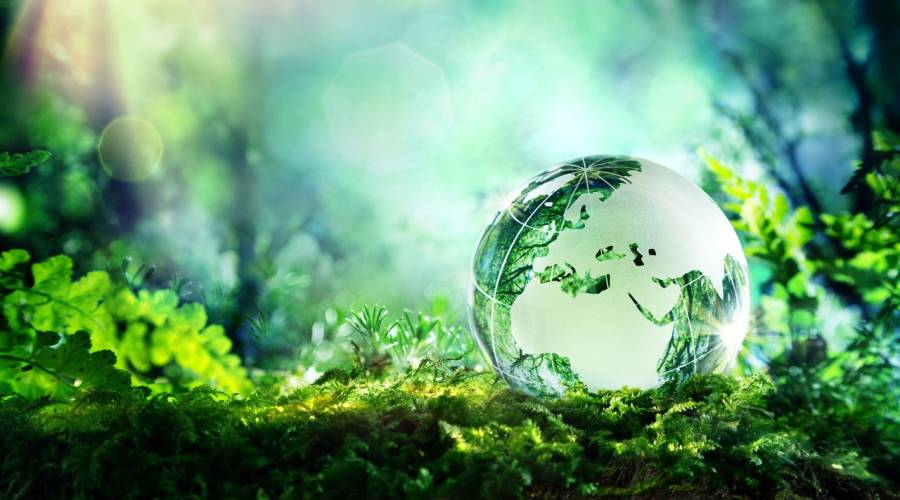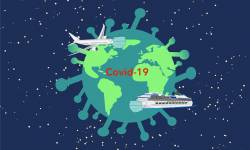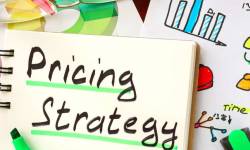
Sustainability: genuine action or marketing ploy?
Green marketing is a strategy that emphasizes the sustainability of a company through both inbound and outbound marketing communications. It's about demonstrating who you are, what you're doing, and, most importantly, why the rest of the world cares.
Green marketing is a strategy that emphasizes the sustainability of a company through both inbound and outbound marketing communications. It's about demonstrating who you are, what you're doing, and, most importantly, why the rest of the world cares.When done correctly, it can boost the reputation of your brand and give you a competitive advantage.In the broadest sense, sustainability refers to something's ability to maintain or "sustain" itself over time.Physical and natural resources, environmental deterioration, and social resources all set limits to sustainability in business and policy. As a result, sustainable policies place a premium on the long-term effects of any given policy or corporate practice on people, the economy, and the environment.The concept frequently corresponds to the belief that unless significant changes are made to the way the planet is managed, it will deteriorate irreversibly. According to the Brundtland Commission's report, sustainable development is "fulfilling current demands without jeopardizing future generations' ability to meet their needs."Sustainability refers to the ability to continue a specific behavior indefinitely. To define environmental sustainability, we enlist the assistance of experts. Environmental sustainability refers to the obligation to conserve natural resources and maintain global ecosystems in order to support health and wellbeing today and in the future. Environmental sustainability refers to the rates of renewable resource harvesting, pollution generation, and non-renewable resource depletion that can be sustained indefinitely. They are not sustainable if they cannot be maintained indefinitely. The world's standard definition of environmental sustainability is sustainable development, which is an oxymoron that refers to long-term economic growth. Economic growth cannot be sustained indefinitely. Furthermore, the current economic expansion is wreaking havoc on the environment.As a result, feasible approaches emphasize the long-term impact of any given strategy or corporate practice on individuals, the economy, and the environment. The thought frequently compares to the conviction that unless massive changes are made to the way the planet is run, it will irreversibly break down. According to the Brundtland Commission's report, economic progress, or the strategies used to achieve it, is "satisfying current demands without jeopardizing future generations' ability to meet their needs."Seaspiracy, a recent documentary, follows filmmaker Ali Tabrizi on his journey to learn more about the devastation being done to our waters and the true causes of this damage. According to Tabrizi, ocean conservation organizations advise people to buy "sustainable seafood" as a way to help the oceans. But what does this actually mean? As it turns out, there is no globally accepted definition, and even if there were, commercial fishing is notoriously difficult to control in order to ensure regulatory compliance. Unfortunately, terms like "sustainable," as well as other consumer labels such as "dolphin safe" and the MSC's "blue tick," are frequently just marketing gimmicks designed to make people feel better about eating seafood while the actual benefits to ocean life are debatable.Fish farming was once thought to be a viable alternative to commercial fishing, but it turns out that it still heavily relies on commercial fishing for its inputs, specifically fish feed, and comes with its own set of issues, such as the spread of marine parasites and diseases, organic waste pollution, and cruelty to farmed fish.Humans are extracting sea life on an unprecedented scale from the oceans, and our demand for seafood is expected to rise further. While there may be better and worse ways to accomplish this, it is difficult to see how we can ever hope to maintain, let alone increase, our current level of consumption without permanently harming our oceans.






